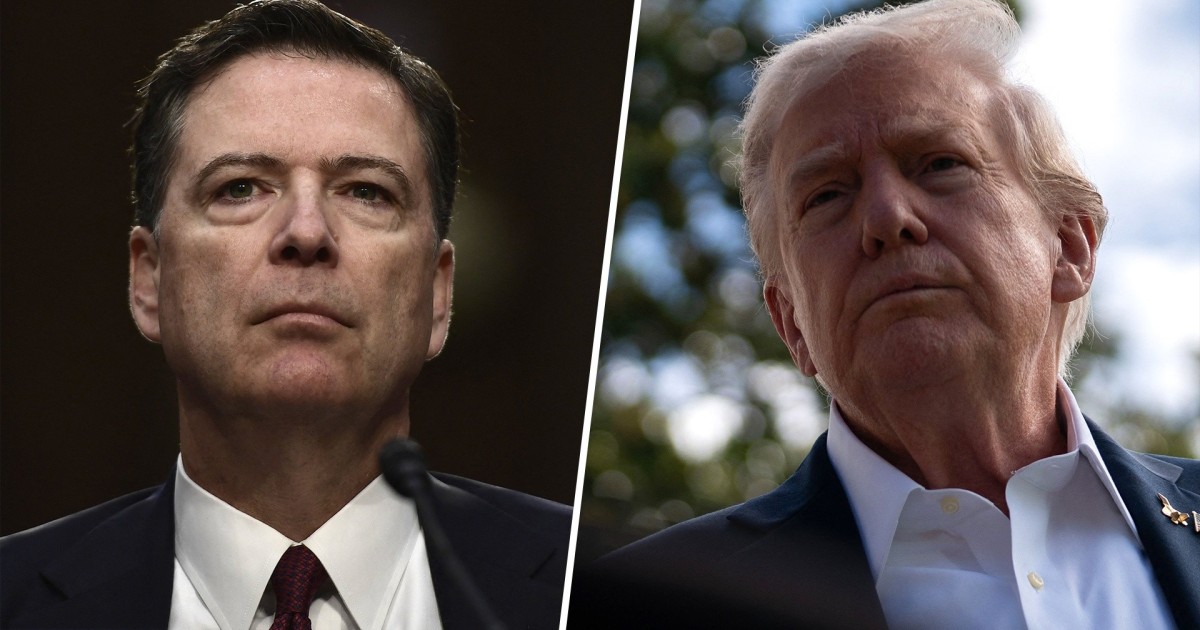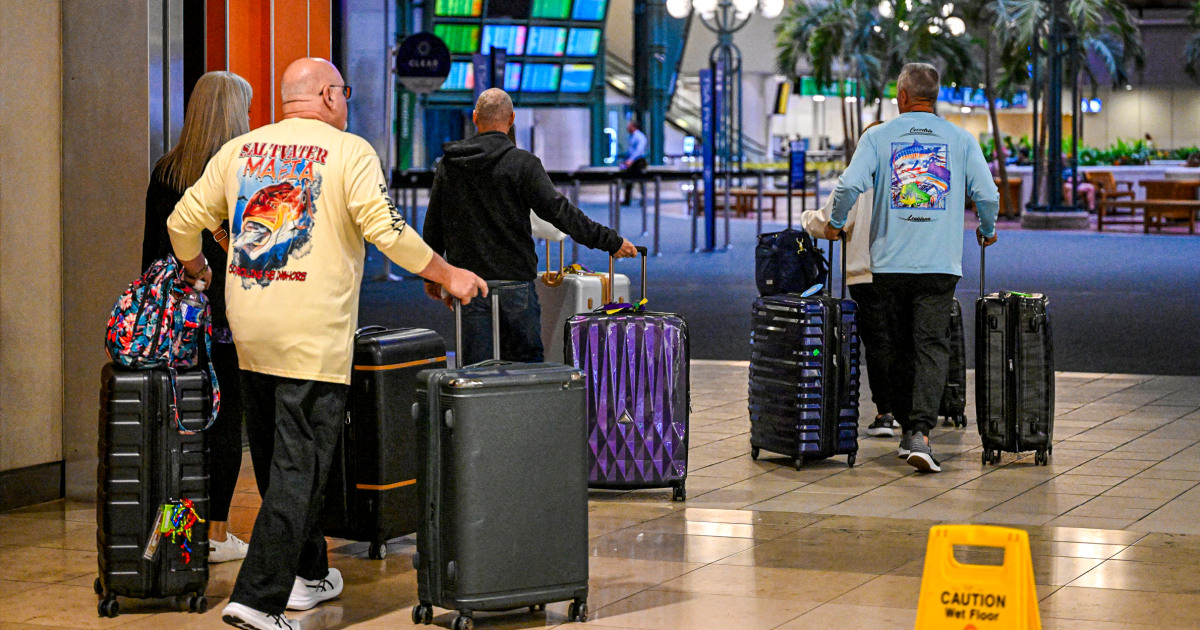Meet the Press moderator Kristen Welker joins Sunday TODAY’s Willie Geist to discuss whether the indictment of former FBI director James Comey may be the start of a retribution campaign against President Donald Trump’s political enemies.
Source link
Trump Says ‘I Think There Will Be Others’ After Comey Indictment




